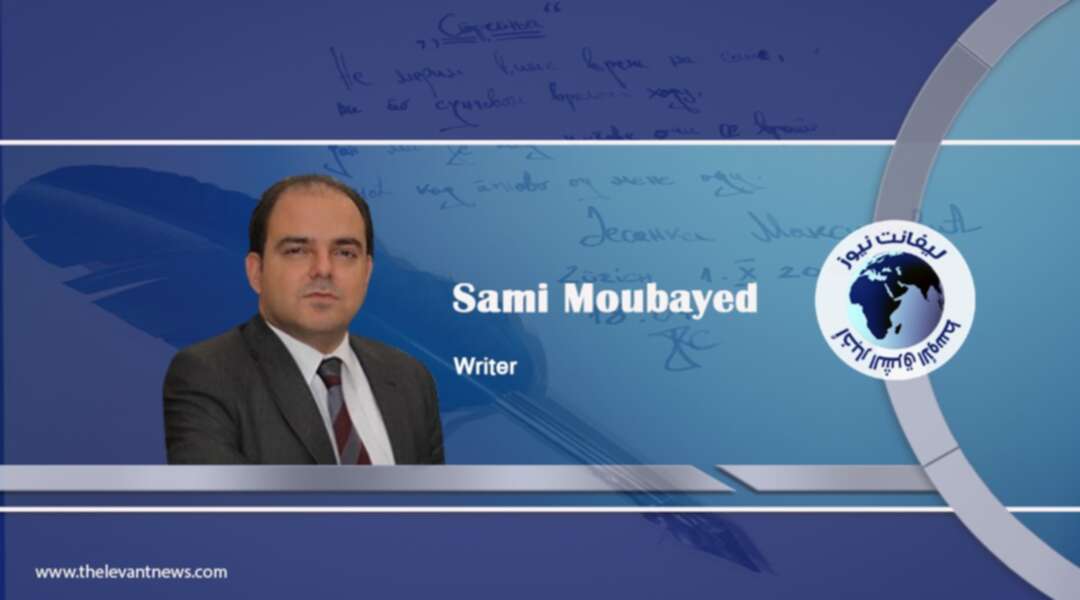-
What’s Hamas gets from its New Year Escalation?

As 2021 was folding, violence soured between Israel and the Palestinians after two rockets were launched by the Islamic group Hamas, landing off the coast of Tel Aviv. No casualties were reported, no sirens, and Israel’s Iron Dome rocket interception system did not deploy. The IDF responded by striking at Hamas positions in the Gaza Strip on 1 January, west of Khan Yunis in southern Gaza. One military post was hit along with a military facility operated by Hamas’ military wing, the Qassam Brigade.
It remains unclear why Hamas fired those rockets at this particular time, given that there was no Israeli provocation since the 11-day war of May 2021, famously launched over the forced eviction of Palestinian residents from the Sheikh Jarrah neighborhood of Jerusalem.
A lame excuse
Hamas initially denied responsibility for Saturday’s attack, claiming that the rockets were launched “by mistake” due to bad weather. The Islamic group is known to conduct regular test launches for its locally-made rockets, with the objective of improving range and precision. But these tests are usually directed west, towards the sea of the Gaza Strip, and not north, towards Israel.
Hamas claimed that lighting hit the cablets connected to the launchers, an excuse that it had made previously when another nighttime launch of Hams rockets struck at the Negev Desert in southern Israel, three years ago.
A military confrontation with Israel is the last thing that the residents of Gaza need, who are already suffering from an exceptionally harsh winter, dire economic conditions, a blockade, and poor government from Hamas. It seems reckless, if not mad, to lure them into a senseless confrontation that will undoubtedly kill innocent lives and destroy the already futile and largely outdated infrastructure of the Gaza Strip.
Why then did Hamas launch those rockets?
The role of Islamic Jihad
One theory is that it did not, and that they were fired by its partner, the Palestinian Islamic Jihad (PIJ). Having returned to the limelight with a new leadership after the death of its historic secretary-general Ramadan Shallah, PIJ took credit for the rockets launched against Israel last May, winning minds and hearts among Palestinians.
It is now concerned with the fate of Hisham Abu Hawash, one of its members currently lagging in Israeli jails, without charges, on a hunger strike that has triggered international media attention. After the weekend escalation, PIJ issued a statement, pledging to launch more rockets while demanding Abu Hawash’s release.
Both PIJ and Hamas feel that unlike the cabinet of ex-Israeli Prime Minister Benjamin Netanyahu, the current Bennett-Lapid government is the first coalition in Israel to rely strongly on an Arab partner, being the United Arab List. That will make Prime Minister Naftali Bennet think twice before launching a full-scale operation in Gaza, which will put his partner, Mansour Abbas of the United Arab List, in a difficult position, possibly leading to his walk-out on the Bennet government.
But Bennet also realizes, however, that if he failed to respond to the rockets, then Hamas and PIJ will strike further and deeper into Israeli territory, making him look weak and incapacitated. That of course will be music to the years of his rival and predecessor, Netanyahu and his Likud Party. In addition to the Abu Hawsh hunger strike, there is rising tension in Israeli jails between Hamas prisoners and their guards. On 20 December, a Hamas prisoner stabbed an Israeli guard at the Negev desert Nafkal Prison, and other inmates had threatened to riot and attack other guards. Instead of harsh retaliation, Bennet authorized talks with Hamas aimed at calming the situation and possibly, reaching a prisoner swap agreement. That is already being milked by Netanyahu who is saying that terrorism pays well, especially in light of a Prime Minister who cannot respond forcefully to it (in reference to Bennet).
Abu Mazen’s Israel visit
Another reason that might explain the most recent rocket attacks is the surprising and rare visit by Palestinian President Mahmud Abbas (aka Abu Mazen) to Israel on 29 December. It was the first of its kind in over a decade, where he met with Israeli Defense Minister Benny Gantz at his home, raising speculation that they were coordinating efforts against Hamas. The Islamic group trashed the meeting as “obscene,” saying that it went against the spirit of the Palestinian people.
Gantz touched on his meeting with Abu Mazen through a Twitter post, saying: “We discussed deepening security coordination and preventing terror and violence.” Both men share a common enemy in Hamas and long for its elimination. Israeli officialdom has since authorized a series of measures to help strengthen Abu Mazen’s position at home, issuing 1,100 permits (including 600 Businessman Cards) to facilitate passage through checkpoints and travel for well-to-do Palestinians affiliated with Abbas and the central government in Ramallah. Israel will also advance $32 million USD to ease financial pressure on Abu Mazen’s Palestinian National Authority (PNA), whose deficit has crossed the $1 billion USD benchmark.
These measures are a nightmare for Hamas, which wants Abu Mazen to remain isolated, embattled, and financially crippled. It certainly doesn’t want him empowered and/or rehabilitated ahead of possible parliamentary or presidential elections. They were due to take place last year, but were postponed, perhaps until later this year. Abbas held municipality elections in rural areas on 12 December, which were boycotted by Hamas, and resulted in a victory for Fateh. He is now planning for wider elections in other Palestinian territories on 26 March (known as Areas A, B, and C in the Oslo Accords), which will include the Gaza Strip. Registration for those elections will start on 8 January, but they now might get postponed, if the border violence between Hamas and Israel is raised to new levels.
Hamas would be happy to scrap those elections, no doubt, fearing that any real vote in Gaza would reflect rising discontent with the Hamas government and play into Abu Mazen’s hands. It can obstruct them with terrorism and violence, ruining whatever plans Israel was making towards resurrecting the Palestinian National Authority and Abu Mazen.

BY: Sami Moubayed
You May Also Like
Popular Posts
Caricature
BENEFIT Sponsors BuildHer...
- April 23, 2025
BENEFIT, the Kingdom’s innovator and leading company in Fintech and electronic financial transactions service, has sponsored the BuildHer CityHack 2025 Hackathon, a two-day event spearheaded by the College of Engineering and Technology at the Royal University for Women (RUW).
Aimed at secondary school students, the event brought together a distinguished group of academic professionals and technology experts to mentor and inspire young participants.
More than 100 high school students from across the Kingdom of Bahrain took part in the hackathon, which featured an intensive programme of training workshops and hands-on sessions. These activities were tailored to enhance participants’ critical thinking, collaborative problem-solving, and team-building capabilities, while also encouraging the development of practical and sustainable solutions to contemporary challenges using modern technological tools.
BENEFIT’s Chief Executive Mr. Abdulwahed AlJanahi, commented: “Our support for this educational hackathon reflects our long-term strategic vision to nurture the talents of emerging national youth and empower the next generation of accomplished female leaders in technology. By fostering creativity and innovation, we aim to contribute meaningfully to Bahrain’s comprehensive development goals and align with the aspirations outlined in the Kingdom’s Vision 2030—an ambition in which BENEFIT plays a central role.”
Professor Riyadh Yousif Hamzah, President of the Royal University for Women, commented: “This initiative reflects our commitment to advancing women in STEM fields. We're cultivating a generation of creative, solution-driven female leaders who will drive national development. Our partnership with BENEFIT exemplifies the powerful synergy between academia and private sector in supporting educational innovation.”
Hanan Abdulla Hasan, Senior Manager, PR & Communication at BENEFIT, said: “We are honoured to collaborate with RUW in supporting this remarkable technology-focused event. It highlights our commitment to social responsibility, and our ongoing efforts to enhance the digital and innovation capabilities of young Bahraini women and foster their ability to harness technological tools in the service of a smarter, more sustainable future.”
For his part, Dr. Humam ElAgha, Acting Dean of the College of Engineering and Technology at the University, said: “BuildHer CityHack 2025 embodies our hands-on approach to education. By tackling real-world problems through creative thinking and sustainable solutions, we're preparing women to thrive in the knowledge economy – a cornerstone of the University's vision.”
opinion
Report
ads
Newsletter
Subscribe to our mailing list to get the new updates!




















